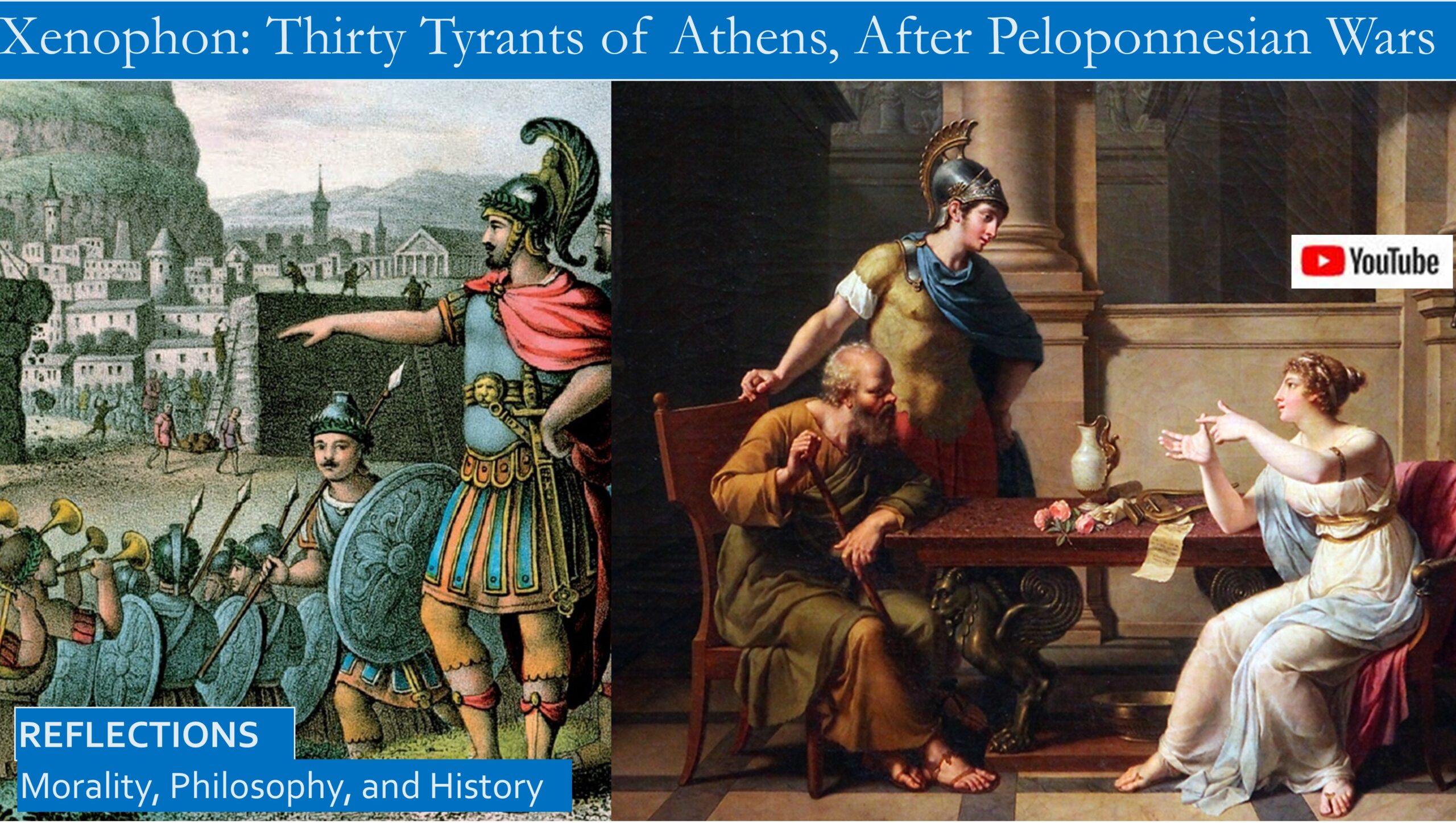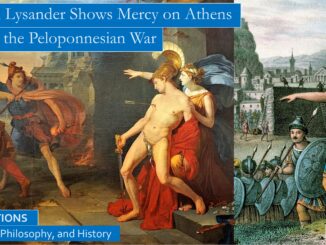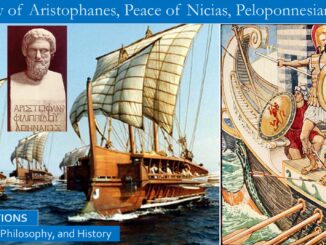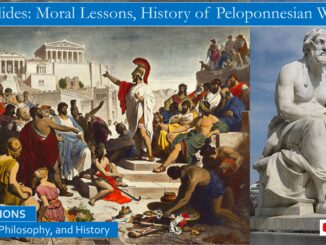
Slavery By Another Name, Convict Labor in the Jim Crow Deep South
In this blog we will reflect on the Pulitzer Prize winning book by Douglas Blackmon, Slavery by Another Name, with the subtitle, The Re-Enslavement of Black Americans from the Civil War to World War II. This book documents both on an individual level and historically how the convict labor system worked in the Deep South. These convict labor camps were often every bit as brutal as the Siberian gulag labor camps in Russia under Stalin, in both systems many of the prisoners died from overwork, neglect, abuse, and starvation. […]









